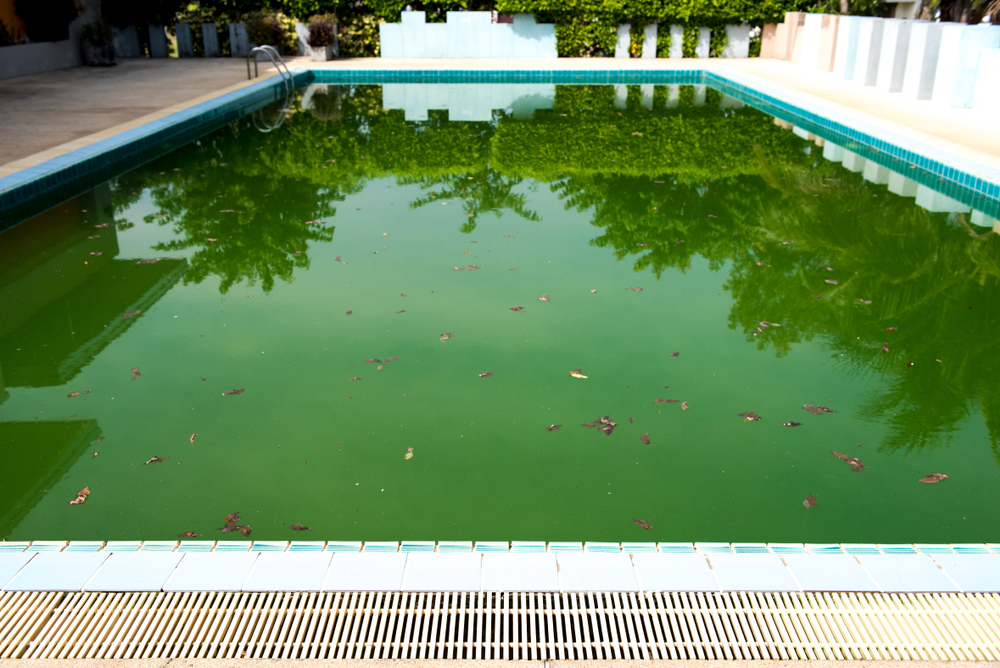
Recently after a neighbor’s swimming pool turned pea green while the family was away on vacation, his children were forbidden to swim in it until it cleared up and became blue again.
“But we swam in a green lake a grandma’s,” came their puzzled response. “What’s the difference?” Excellent question, I thought. I continued eavesdropping to learn the answer, since I had availed myself of the pool while they were gone. With permission, of course, and before it changed colors.
The presence of algae is usually what causes an otherwise clean and clear pool to turn green. A certain amount of algae, as found in granny’s lake, is a good thing. It contains nutrients essential for aquatic life; and, like trees, absorbs carbon dioxide (CO2) from the atmosphere and releases oxygen (02) back into it. No small thing in a world grappling with climate change.
Swimming in a green lake is not without its risks, mind you. You can slip on an algae-covered rock and break something. Or as happens in Florida, be eaten by something you wish you could’ve seen in the murky depths before it saw you. But the water itself is rarely problematic. Natural ponds and lakes typically have fresh water feeding in and flowing out, a natural form of filtration that helps keep algae in check.
A swimming pool, on the other hand, is essentially a closed loop in which algae can develop and grow unchecked if the filtration system isn’t working properly, the pool’s pH is out of balance, or its chlorine level is too low. Or all the above.
By-and-large, the more algae, the greener the water. And the greener the water, the more toxic it can become. Algae naturally attracts bacteria—the good as well as the bad—which can infiltrate broken skin and cause nasty infections, especially after repeated exposure. Thus, one dip in a moderately green pool and you will likely experience little more than being grossed-out and slimed-over. More than one dip is when things could go off the rails, especially if the algae continues to grow unabated.
At the end of the day, jumping into a green swimming pool is not unlike swimming in a petri dish, one of those clear round devices that biologists use to grow bacteria and viruses in the lab. By plunging into a green pool, you are putting yourself out there and inviting the bad germs to move in and take over. So, never the best idea.

Comments